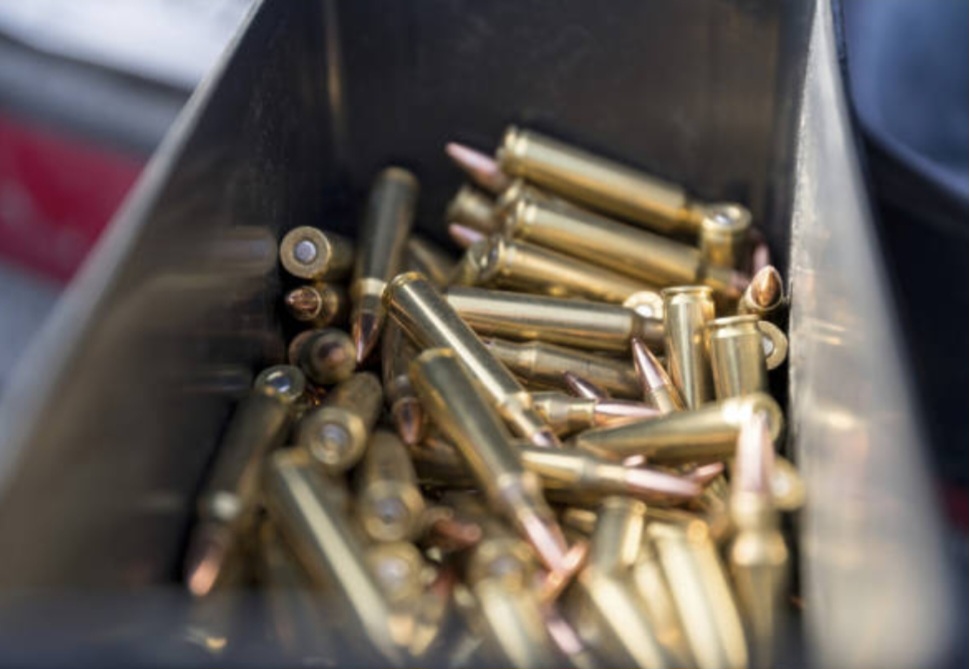
Esther Imonmion
When new figures from the National Bureau of Statistics landed in September 2025, they reignited a debate that has long troubled Nigeria’s defence sector. The data showed that between 2020 and the second quarter of 2025, the country had spent a staggering N804.10bn importing arms and ammunition — a figure that many manufacturers say should have gone into local production.
The numbers tell a story of rising dependence. In 2020, Nigeria’s arms import bill stood at N29.24bn. It climbed to N72.50bn the following year, dipped to N28.24bn in 2022, and then surged again to N127.16bn in 2023. By 2024, the country spent N520.02bn — the highest in five years. Even in the first half of 2025, imports hit N26.95bn, a sharp contrast with just N11.76bn during the same period in 2024, before the bill ballooned dramatically in the second half of that year.
For stakeholders, the concern goes beyond numbers. They argue that every naira spent abroad weakens Nigeria’s industrial base, drains foreign reserves, and leaves the country vulnerable to the political whims of suppliers. It is why groups such as the Manufacturers Association of Nigeria (MAN), the National Association of Small-Scale Industrialists (NASSI), and the Centre for the Promotion of Private Enterprise (CPPE) are pushing harder for local production.
MAN’s Director-General, Segun Ajayi-Kadir, believes the Defence Industries Corporation of Nigeria (DICON) Act of 2023 provides the right framework. Signed by President Bola Tinubu, the law was meant to foster innovation and private-sector collaboration in building a military-industrial complex. “Collaboration is only a foregone conclusion,” Ajayi-Kadir said, noting that real progress would depend on partnerships that translate policy into action.
For others, the issue is not just economic but existential. “God help you if your supplier is a friend of your attacker,” warned NASSI’s National Vice President, Segun Kuti-George, highlighting how overdependence on foreign arms could expose Nigeria to dangerous risks.
The debate over local production has therefore become both a national security and an economic question. On one hand, it promises self-reliance, forex savings, and job creation; on the other, it could redefine Nigeria’s role in regional security by positioning it as a future exporter of defence technology.
As the calls grow louder, one truth has become clear: without a deliberate shift to local production, Nigeria’s soaring import bills will continue to rise, leaving the country armed but still dependent.
